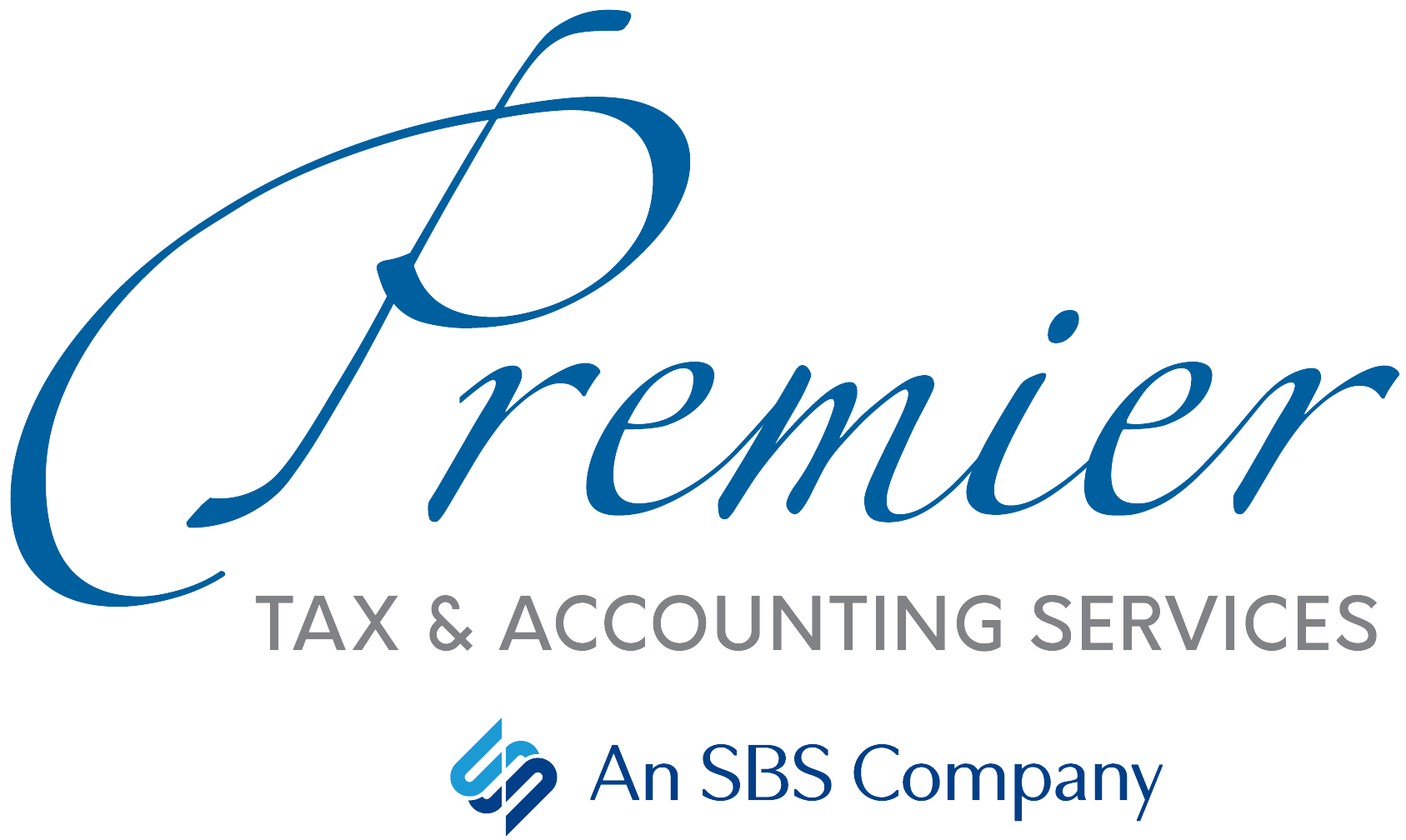With today’s hot real estate market, you may be considering selling your home. Before you do, consider these possible repercussions to your federal income tax:
Gains & Losses
If you sell your main residence and have a gain from the sale, you may be able to exclude up to $250,000 of that gain from your income ($500,000 if filing jointly). What’s more, if you qualify to exclude all of the gain, you do NOT need to report the sale on your federal tax return —unless a Form 1099-S was issued.
Keep in mind that if you happen to experience a loss on the sale of your home (it sells for less than you paid for it), you cannot deduct the loss on your taxes.
Ownership & Use
To claim the tax exclusion, you must meet certain ownership and use tests. During a five-year period ending on the date of the sale, you must have owned the home and lived in it as your main residence for at least two years.
If you own more than one home (e.g., a vacation cabin in Blue Ridge and a main home elsewhere), you can only exclude the gain on the sale of your main home. You must pay taxes on any gain you receive from selling your vacation or second home.
Reported Sale & Mortgage Debt
If you don’t qualify to exclude all or part of the taxable gain from the sale, you must report it when you file your tax return. If you receive Form 1099-S, Proceeds from Real Estate Transactions, you must report the sale even if you have no taxable gain.
Generally, you must also report forgiven or canceled debt as income on your tax return, including a mortgage workout, foreclosure or other canceled mortgage debt.
There Are Always Exceptions
Certain individuals may be excluded from these rules, including people with a disability, members of the military or intelligence community, and Peace Corps workers. If you have questions about the tax ramifications of selling your main or vacation home, please contact us today. We’ll be happy to help you work through the numbers.
Request an Extension? Don’t Wait to File
If you requested an extension, consider filing your tax return sooner rather than later. October 17 is the deadline, but we encourage you provide us with your documents so your return can be filed before the deadline. Completing your tax return this summer can either help you get a refund quicker or save you money if you owe by avoiding additional interest and penalties. Please drop off your materials at our office Monday–Thursday from 8:30am–5pm (we’re closed for lunch from 12–1).
IRS Interest Rates Increasing
For the calendar quarter beginning July 1, 2022, the new IRS interest rates will be:
- 5% for overpayments (4% in the case of a corporation).
- 2.5% for the portion of a corporate overpayment exceeding $10,000.
- 5% for underpayments.
- 7% for large corporate underpayments.



